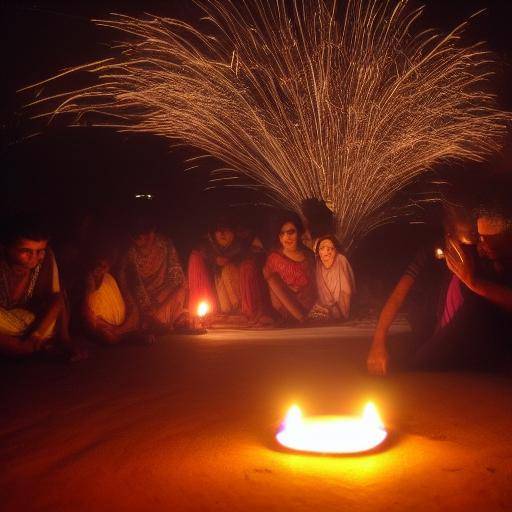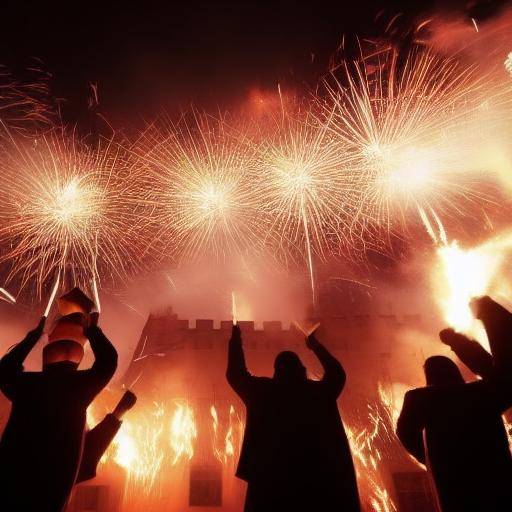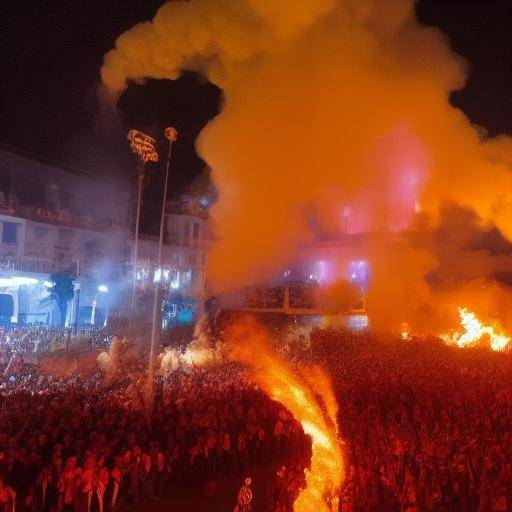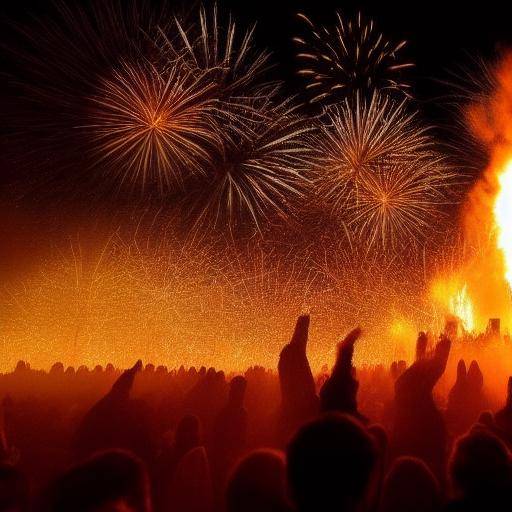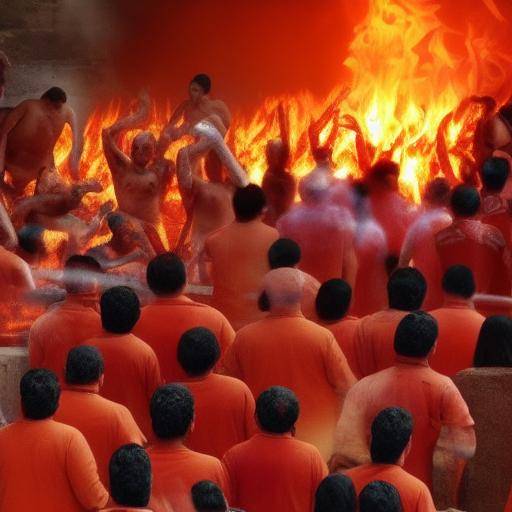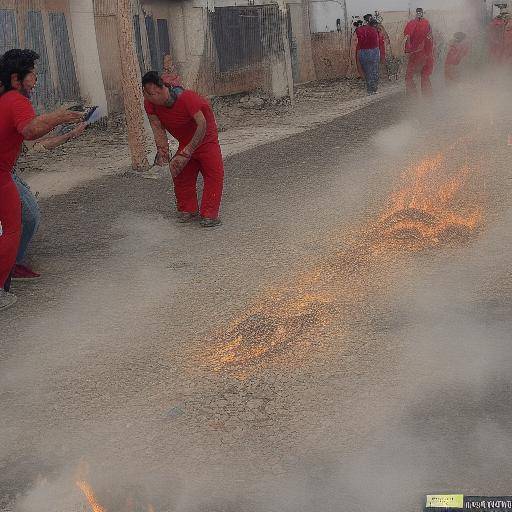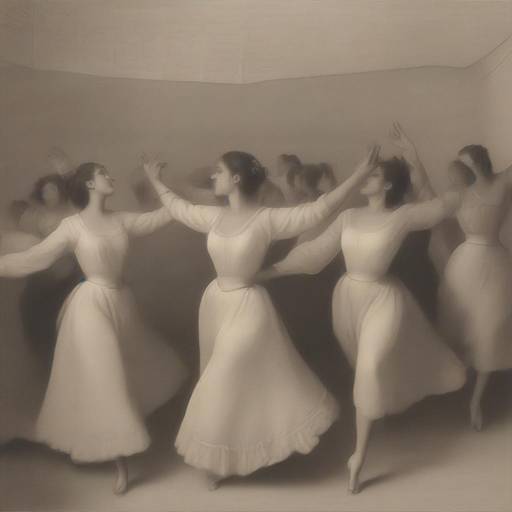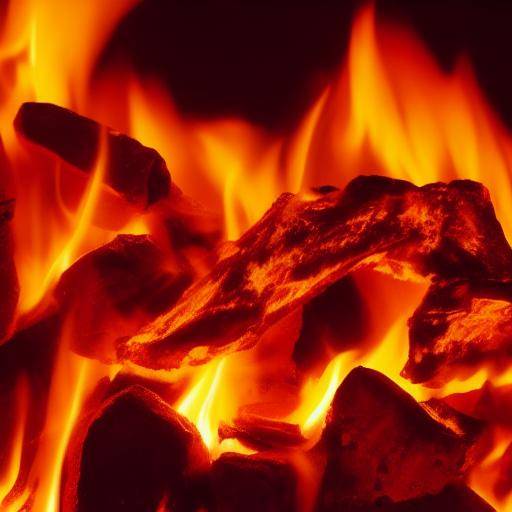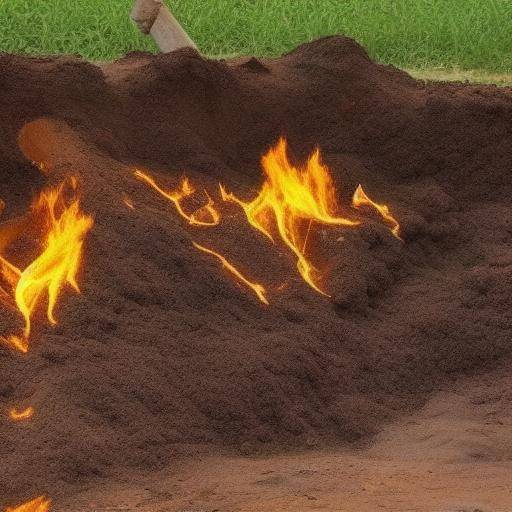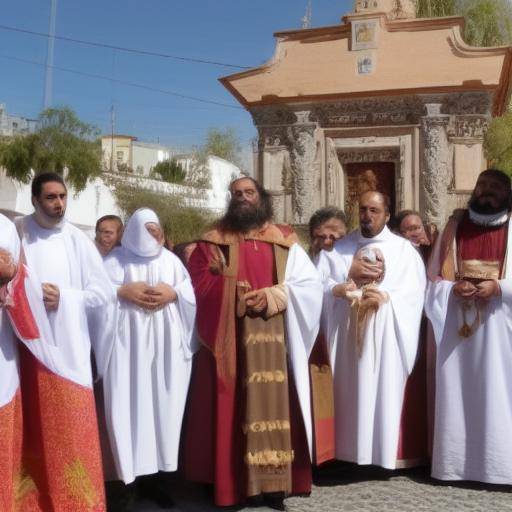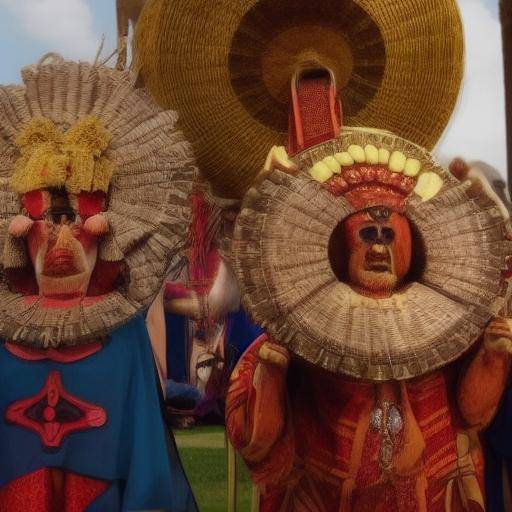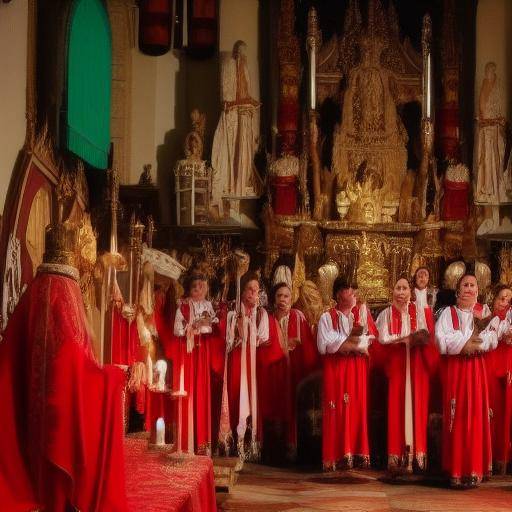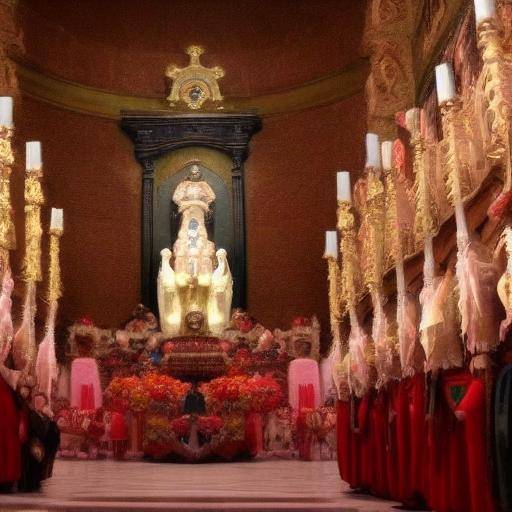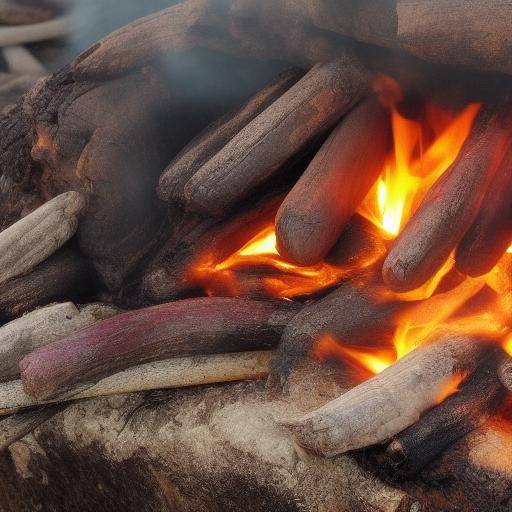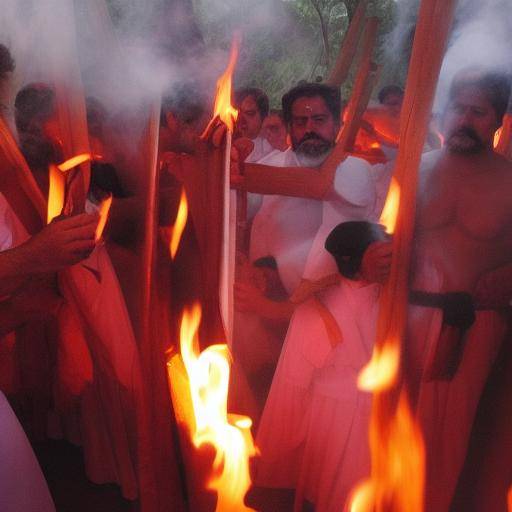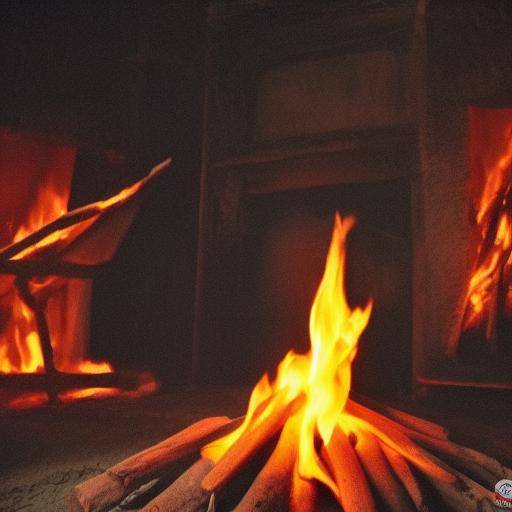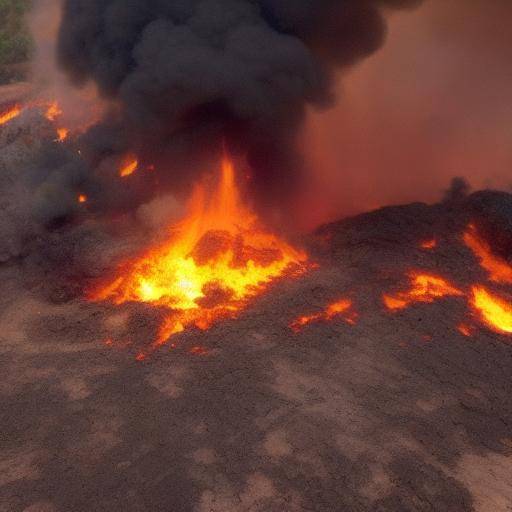
The fire, a sacred and mystical element, has played a crucial role in the rites of initiation of various cultures throughout history. From ancient traditions to contemporary practices, fire has been the symbol of transformation, purification and learning. In this article, we will explore the profound importance of fire in the rites of initiation, its cultural and spiritual significance, as well as its relevance in modern society.
Introduction
The rites of initiation, also known as rituals of passage, mark the transition of an individual from one stage of life to another. These rituals, present in various cultures, are designed to prepare and guide individuals as they assume new responsibilities and roles within the community. Fire, in this context, acts as a central element that symbolizes purification, renewal and the way to wisdom.
In this article, we will explore the ancestral importance of fire in the rites of initiation, its evolution over time, its role in today's society and its spiritual significance. We will also examine the relationship between fire, initiation rites and their relevance in different cultures, as well as their application in everyday life and future trends.
History and Background
The use of fire in the rites of initiation has its roots in ancient civilizations, where the act of lighting and keeping fire was considered a sacred act. In many cultures, fire was venerated as a divine gift and purifying and transforming qualities were attributed to it. The rites of initiation used to include ceremonies around fire, where the initiates were subjected to physical, mental and spiritual tests while connecting with the symbolic power of fire.
These rituals not only represented a crucial step in the lives of individuals, but also strengthened community ties and transmitted ancestral knowledge and traditions. The fire was seen as the vehicle through which an internal change was generated in the initiates, marking their transition to a state of greater wisdom and responsibility.
Over time, the importance of fire in initiation rites has remained relevant in various cultures, although it has evolved to adapt to contemporary contexts. Today, fire remains a powerful symbol in passing rituals, both in traditional environments and in more modern contexts.
Analysis in Deep
Fire in the rites of initiation remains of great importance in today's society. Their symbolism transcends cultural barriers and continues to play a key role in personal formation and development. Some of the reasons that make fire crucial in these rituals include their ability to represent purification, renewal and knowledge.
Fire is perceived as a purifying agent that eliminates the impurities and limitations of the individual, allowing it to reborn as an improved version of itself. Moreover, it symbolizes knowledge and enlightenment, since the light and heat emanating from fire represent the wisdom that is acquired throughout the process of initiation.
In more modern contexts, fire in the rites of initiation has adapted to new forms and meanings, but its essence remains the same. It can be manifested through symbolic ceremonies, inspiring speeches or personal growth activities, but always with the purpose of guiding individuals into a new chapter in their lives.
Comprehensive review
The application of fire in initiation rites varies in different cultures and contexts. For example, in some indigenous communities, fire is used to mark the transition from adolescence to adulthood, while in business environments, fire can represent overcoming challenges or promoting a new level of responsibility. Considering these differences, it is important to recognize that fire, regardless of its context, remains a powerful symbol of personal change, transformation and growth.
The importance of fire in the rites of initiation transcends cultural and geographical differences. In an increasingly interconnected world, the relevance of fire as a unifying element in human experience continues to resonate in global society. Although the manifestations of initiation rites can vary, the symbolism of fire as a transformative agent is a constant that unites the different human communities.
Comparative analysis
By comparing the role of fire in the rites of initiation with other common elements in such rituals, such as water or wind, its singularity and symbolic power are highlighted. While water can represent purity and renewal, and the wind can symbolize change and freedom, fire carries with it the additional burden of internal transformation and rebirth.
In addition, fire, by its dynamic and changing nature, reflects the complexity of personal journey and the need for adaptation to the tests and challenges presented on the path of life. In this sense, fire emerges as a multifaceted symbol covering both destruction and renewal, offering a full representation of human experience in the rites of initiation.
Practical Tips and Recommendations
If you are planning to participate in an initiation rite that involves fire or you are interested in incorporating ritual elements in your daily life, here are some practical tips that can be useful to you:
- Research the history and symbolism of fire in the rites of initiation of your specific culture or tradition.
- Look for the guidance of spiritual leaders or mentors who can provide you with a deeper understanding of the meaning of fire in passing rituals.
- Consider lighting a ritual fire or participating in a ceremony that involves fire as part of your own personal initiation process.
Conclusions and FAQs (FAQs)
In short, the importance of fire in initiation rites is profoundly significant, as it symbolizes transformation, purification and knowledge. Throughout history, fire has played a crucial role in the passing rituals of various cultures, and its relevance still remains in modern society as a symbol of transition and personal renewal.
Frequently asked questions (FAQs)
1. Why is fire so important in the rites of initiation?
Fire is important in the rites of initiation due to its symbolism of purification, transformation and knowledge, fundamental aspects in the process of transition and personal growth.
2. How has the use of fire adapted in the rites of initiation to modern society?
In modern society, the use of fire in the rites of initiation has evolved to adapt to contemporary contexts, although its essence remains the same. Adaptations can be seen in corporate, educational and community environments that reflect the continuing relevance of fire as a symbol of change and growth.
3. What precautions should be taken when working with fire in initiation rituals?
Working with fire in initiation rituals, it is essential to follow established safety standards. This includes the proper handling of the flame, the use of a safe environment and compliance with all the regulations and precautions established to avoid incidents.
4. How can I incorporate the fire into a rite of personal initiation?
If you want to incorporate fire into a rite of personal initiation, consider lighting a ritual fire or participating in a ceremony that involves fire as a way of marking your own transition and personal growth.
5. What is the symbolism of fire in the rites of initiation?
Fire symbolizes purification, renewal and knowledge in the rites of initiation. It acts as a transforming agent that marks the transition and rebirth of individuals who participate in the ritual.
6. Why is fire a powerful symbol in the rites of initiation in so many different cultures?
Fire is a powerful symbol in the initiation rites due to its ability to unite people through the common experiences of purification, transformation and growth. His symbolism transcends cultural and geographical differences, making it a unifying element in human experience.
Conclusion
In conclusion, the role of fire in initiation rites is fundamental, as it symbolizes transition, renewal and personal growth. Throughout history, fire has been a central element in the passing rituals of various cultures, and its importance continues to exist in modern society as a symbol of transformation and rebirth.
The act of lighting and keeping fire is more than a simple ritual practice; it represents the connection with our ancestral roots, unity with nature and access to a transformative power that remains relevant in the contemporary world. By understanding the profound meaning of fire in the rites of initiation, we can appreciate its universal importance and the transcendence of its symbolism throughout human history.
In short, the fire in the rites of initiation is more than a flame that burns; it is an eternal symbol of change, purification and rebirth that continues to illuminate the path of seekers of wisdom in their journey of self-discovery.


